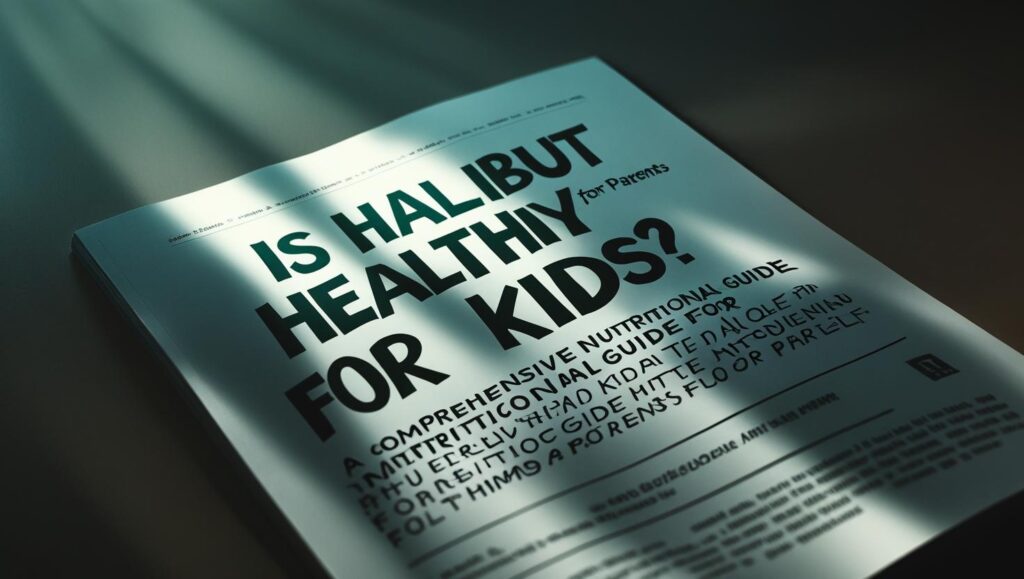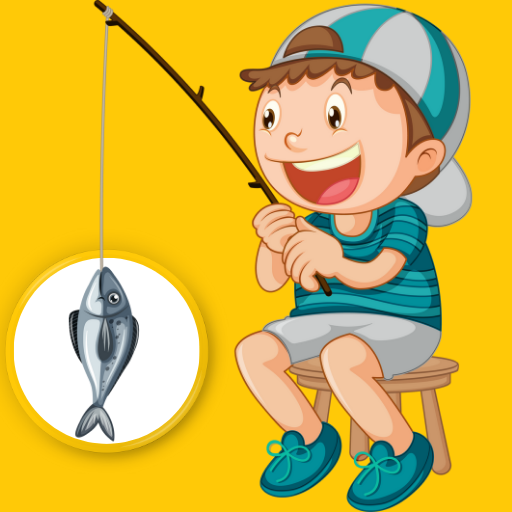When it comes to selecting nutritious foods for children, seafood often finds a spot at the top of the list. Among the wide variety of fish available, halibut stands out for its mild flavor, delicate texture, and impressive nutrient profile. But is halibut truly a healthy choice for kids? Let’s delve into its nutritional benefits, safety, and recommendations from health experts.
What Is Halibut and Why Is It Popular?
Halibut is a large flatfish found in the North Atlantic and North Pacific oceans. Known for its firm white flesh and mild, non-fishy flavor, it is a popular choice among families looking for a seafood option that appeals to children’s palates.
Beyond taste, halibut is valued for being versatile in cooking, from baking and broiling to grilling and steaming. It is also a lean source of high-quality protein, making it a smart addition to a child’s balanced diet.
Nutritional Breakdown of Halibut
Halibut offers a wide array of nutrients essential for children’s growth and development. Here’s a detailed look at what makes this fish a nutritional powerhouse:
1. High-Quality Protein
A 3-ounce serving of cooked halibut provides about 22 grams of protein, which is vital for:
- Muscle development
- Tissue repair
- Hormone and enzyme production
Children need sufficient protein for healthy growth, especially during their rapid developmental years.
2. Omega-3 Fatty Acids
Halibut contains omega-3 fatty acids—though in lower amounts compared to fatty fish like salmon or mackerel. Still, the omega-3s present (EPA and DHA) are critical for brain development, eye health, and reducing inflammation.
3. Vitamins and Minerals
Halibut is rich in essential micronutrients, including:
- Vitamin D – Strengthens bones by helping absorb calcium
- Vitamin B12 – Crucial for nerve health and red blood cell production
- Magnesium – Supports muscle and nerve function
- Selenium – An antioxidant that helps protect cells from damage
- Niacin (B3) – Promotes proper digestive and nervous system function
- Potassium – Regulates fluid balance and muscle contractions
Each of these nutrients plays a unique and essential role in supporting a child’s overall well-being.
Is Halibut Safe for Children to Eat Regularly?
One of the key concerns parents have with seafood is mercury exposure. Halibut is considered a moderate mercury fish, which means it should be consumed in moderation—especially by young children. is halibut
Mercury Guidelines for Kids:
- Children aged 1–3 years: Limit to 1 serving (2 oz) per week
- Children aged 4–7 years: Up to 2 servings (2–3 oz) per week
- Pregnant women and nursing mothers should also limit halibut due to mercury concerns
To reduce the risk, alternate halibut with low-mercury fish options such as cod, haddock, pollock, or wild salmon. is halibut

Benefits of Including Halibut in a Child’s Diet
Choosing halibut as part of your child’s weekly meals can offer significant health benefits, including:
1. Supports Brain and Cognitive Development
The omega-3s in halibut, particularly DHA, are linked to enhanced cognitive performance, memory, and attention span in children. These fatty acids are critical during early childhood when the brain is developing rapidly. is halibut
2. Enhances Immune Function
With a good dose of selenium and vitamin D, halibut can help strengthen a child’s immune system, protecting them from common illnesses. is halibut
3. Promotes Strong Bones and Teeth
Halibut contains vitamin D and phosphorus, both essential for the formation of healthy bones and teeth—especially important during growth spurts. is halibut
4. Encourages Lean Muscle Development
Thanks to its high protein content and low fat, halibut supports healthy muscle growth without adding excess saturated fat to a child’s diet.
Best Ways to Prepare Halibut for Kids
One of the great things about halibut is its culinary flexibility. Here are some kid-friendly preparations to encourage children to enjoy this nutritious fish: is halibut
- Baked halibut nuggets: Lightly breaded and oven-baked for a healthy twist on fish sticks
- Halibut tacos: With soft whole-wheat tortillas, lettuce, and yogurt-based dressing
- Grilled halibut skewers: Bite-sized pieces with colorful vegetables for a fun meal
- Halibut patties: Mixed with mashed potatoes and spices, then pan-fried in olive oil
Avoid frying in excessive oil or smothering in heavy sauces, which can negate some of the health benefits.
Halibut vs. Other Fish: How Does It Compare for Kids?
When deciding which fish to include in a child’s diet, it’s essential to compare nutritional content and mercury levels.
| Fish | Omega-3s (g per 3 oz) | Mercury Level | Protein (g) |
|---|---|---|---|
| Halibut | 0.4 – 0.6 | Moderate | 22 |
| Salmon | 1.5 – 2.0 | Low | 21 |
| Cod | 0.1 – 0.2 | Low | 19 |
| Tuna (albacore) | 0.7 – 1.0 | High | 23 |
| Tilapia | 0.1 – 0.2 | Low | 21 |
While halibut doesn’t top the omega-3 chart, it strikes a balance between taste, texture, and nutrition, making it a solid choice for picky eaters.
Tips for Introducing Halibut to Picky Eaters
- Start with mild seasoning like lemon, olive oil, or a pinch of sea salt
- Mix halibut into mac and cheese, pasta, or rice dishes
- Use fun shapes or pair with favorite dipping sauces (yogurt-based or homemade tartar)
- Involve children in preparing the meal—kids are more likely to eat food they help cook
Making seafood part of the family routine fosters healthy habits early on, and halibut’s neutral taste can be a gateway to broader seafood acceptance.
Final Verdict: Should Kids Eat Halibut?
Yes—halibut can be a healthy and delicious part of a child’s diet when served in moderation. Its high-quality protein, essential nutrients, and mild flavor make it suitable for even the most selective eaters. Parents should be mindful of mercury content and follow serving guidelines, but with proper balance, halibut is a nutritionally beneficial choice.
For optimal health, combine halibut with other low-mercury seafood and a variety of vegetables, whole grains, and fruits to provide a well-rounded, nutrient-rich meal plan.


Leave a Reply